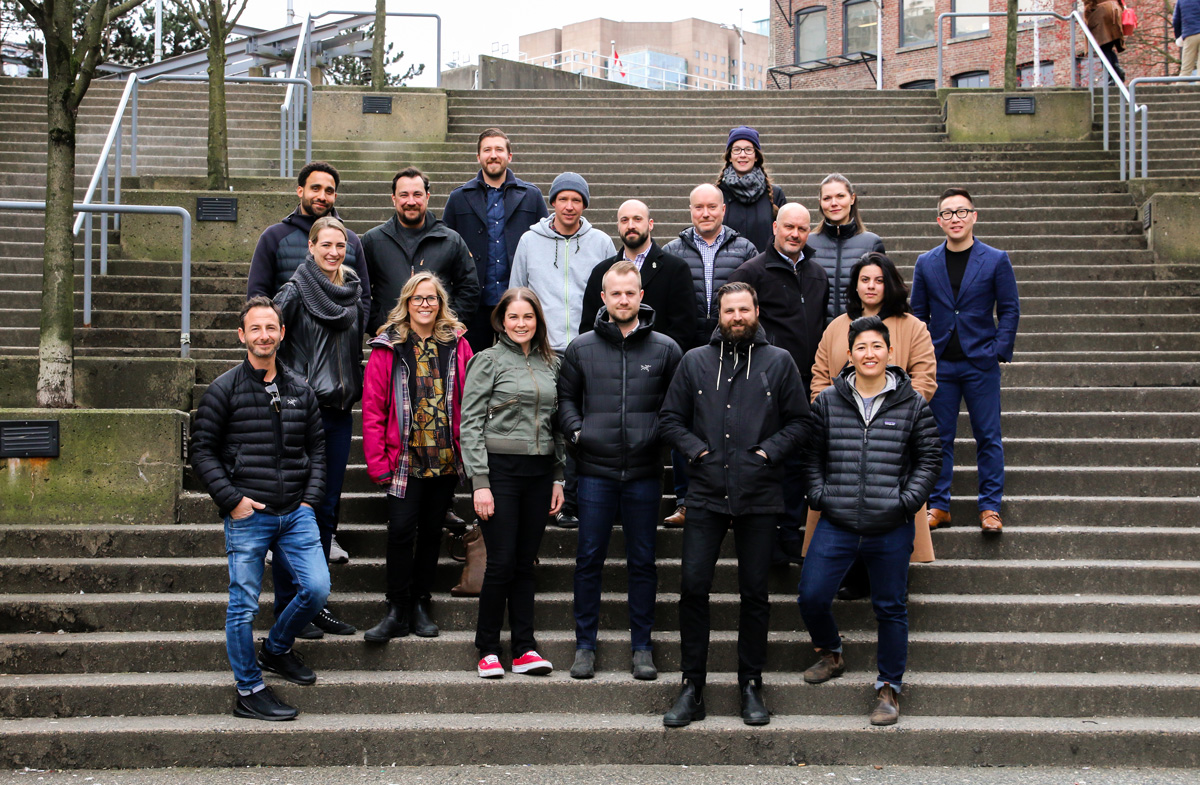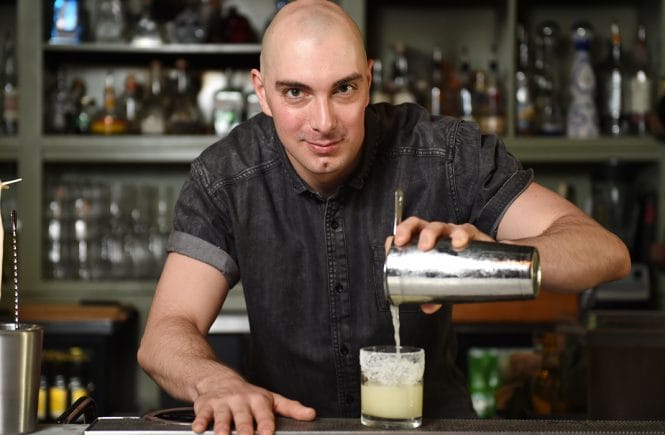
It happened slowly, then all at once. Was it just a week ago we were still joking about bumping elbows instead of shaking hands? Since then, the COVID-19 pandemic has rolled over absolutely every aspect of our lives, and that includes our vibrant culinary culture.
Across British Columbia, people in the hospitality industry have taken proactive action against the virus, not waiting for government to tell them to change the way they do business.
Last week, bars, pubs, restaurants, hoteliers and retailers stepped up cleaning protocols and created social distances between tables. When it became clear that wasn’t enough, many quickly pivoted to takeout and delivery. Some have made the difficult decision to close temporarily. (Among them: L’Abattoir, Campagnolo, The Keefer Bar and St. Lawrence.) Still others may be closing whether they like it or not.
On Monday, the City of Vancouver essentially cancelled St. Patrick’s Day by ordering all restaurants, pubs, lounges and similar venues in the downtown core to close for the day. By Tuesday morning, that order had spread to the entire city. By afternoon, the provincial government had declared a public health emergency and because bars and clubs could not ensure social distance of one to two metres, they were forced to close. Only restaurants that could ensure proper distance were permitted to stay open.
A look at other cities offers a grim glimpse of the likely future: New York, Toronto, Paris and Rome have closed all their bars and restaurants until the worst of the pandemic has passed. In a province like B.C., where so many people work in some aspect of hospitality, this is a frightening prospect. It’s going to hurt cooks and servers, bartenders and sommeliers, cleaners and suppliers. It’s going to hurt publicists and event planners. And it’s going to hurt the charities that rely on the bottomless generosity of people in the hospitality business, too.
There is reason for optimism, dark though things seem right now. Hospitality types, after all, are adept at making the best of challenging situations. They’ve made careers out of taking care of others; now they need to take care of themselves, and we need to step up and help them, too.
Last Friday, a collective of two dozen local restaurateurs joined to create Breaking Bread, an initiative designed to support independent restaurants, their staff and suppliers during the COVID-19 pandemic. It has since doubled in size and opened its membership right across Canada, with requests coming in from Alberta and Ontario. It lists establishments that offer takeout and delivery, offers ways to help, and updates information as it comes in.
“I just couldn’t watch it all happen without doing something,” says Shelley McArthur Everett, the founder of SMC Communications, who kickstarted Breaking Bread after a sleepless night worrying about the industry that is her home and family. “It feels like it’s giving people hope.”
Still, we all know how tight margins are in the industry, and there are growing concerns about how people will cope emotionally as well as financially.
For the past decade, the BC Hospitality Foundation has been there as a last-resort source of funds for people in medical distress; now they are concentrating on the mental well-being of workers by posting live concerts, yoga classes and other activities people can do at home or online. “Things that keep us together in a time of social distancing,” says executive director Dana Lee Harris. “We’re just trying to give people tools to help them make it through.” (Visit the foundation’s Facebook page for links.)
That said, since the BCHF relies on the industry for funding, it will need help, too. Harris notes that some wineries, such as Township 7, are donating delivery fees; any donations will be badly needed and gratefully accepted.
Here at Vitis and The Alchemist magazines, we work closely with people in every aspect of the hospitality business; they are not just the people we write about, they are our friends. And right now our friends are struggling. We’re committed to sharing ways our readers can help; please watch this space for news as it happens.
Our hearts are breaking, but they’re full of hope, too. And we can’t wait until we can once again sit at a bar and share a cocktail with you all.
—by Joanne Sasvari




